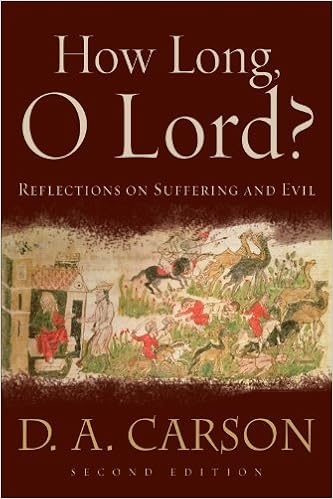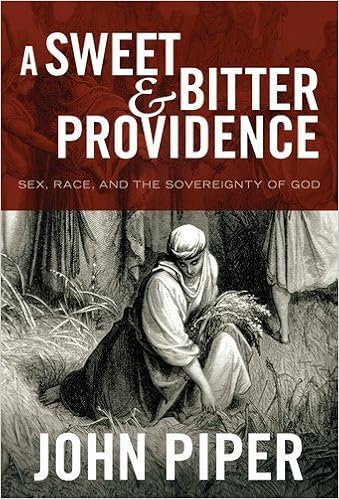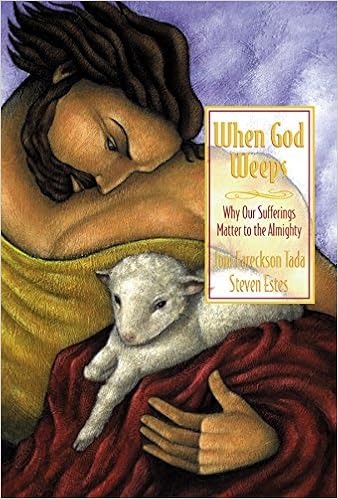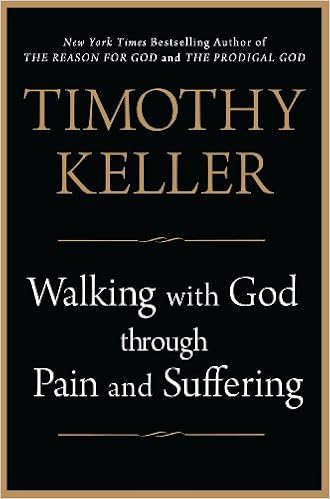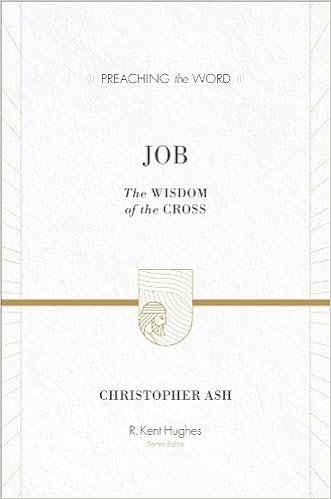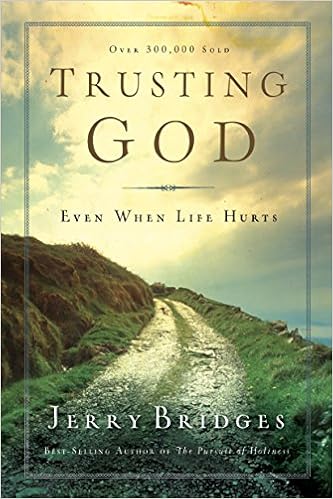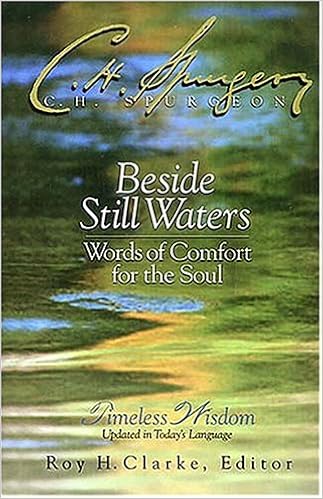As a pastor, I am often asked for a list of my favorite books on any number of topics, but of all the possible topics I am asked about, suffering is one of the most frequent and important.
And we all need to be reminded that these resources are needed before suffering comes. D.A. Carson explains why: “All you have to do is live long enough, and you will suffer.” Suffering is hard enough as it is. It is made worse when we haven’t prepared for it. In his book How Long, O Lord?, D.A. Carson writes,
“One of the major causes of devastating grief and confusion among Christians is that our expectations are false. We do not give the subject of evil and suffering the thought it deserves until we ourselves are confronted with tragedy. If by that point our beliefs—not well thought out but deeply ingrained—are largely out of step with the God who has disclosed himself in the Bible and supremely in Jesus, then then pain from the personal tragedy may be multiplied many times over as we begin to question the very foundations of our faith” (p 11).
We all need a theology of suffering prior to suffering that will sustain us when—not if—we suffer.
The following list is in no way exhaustive. But these are books that have served me to prepare me for suffering and they have helped to prepare the churches I’ve had the privilege to serve.
How Long O Lord? Reflections on Suffering and Evil by D.A. Carson. This is the most theologically dense of the books on my list but it’s also very pastoral and practical, especially chapters 12 (The Comfort of Providence: Learning to Trust) and 13 (Some Pastoral Reflections). Like this, “At the deepest level, men and women must learn, with Job, that God is very great, and it is an inexpressible privilege to know him, to be satisfied with him, even when—especially when!—we do not have all the answers. Then men and women will learn to rest in his love, and will return again and again to the cross, where their vision of that love will be constantly renewed.” Dr. Carson writes, “Above all, we must help people know God better.” This book does just that.
A Sweet and Bitter Providence by John Piper. Yet another gift from the heart and pen of John Piper. The book of Ruth exposited as only John Piper can. This book will give you hope in the midst of suffering by helping you to perceive the purpose of God in your suffering. “What the book of Ruth does for us is give us a glimpse into the hidden work of God during the worst of times. One of the main messages of this little book is that God is at work in the worst of times. He is at work doing a thousand things no one can see but him.” I feel fresh hope enter my soul every time I read that. Read this book so you will be convinced that, “All the perplexing turns in our lives are going somewhere good. They do not lead us off a cliff. In all the setbacks of our lives as believers, God is plotting for our joy.” Sweet.
When God Weeps, by Joni Eareckson Tada and Steve Estes. If you know anything about Joni, you know that she has suffered and suffered well. She speaks to sufferers as only one who has suffered deeply can, helping them to hold fast to God in the midst of tragedy and trial. Joni writes, “When God Weeps is not so much about affliction as it is about the only One who can unlock sense out of suffering. It’s not why our afflictions matter to us (although they do) but why they matter to the Almighty.” And throughout this book you will come upon life changing sentences like these, “Our call to suffer comes from a God tender beyond description. If we do not cling to this through life’s worst we will misread everything and grow to hate him.” And it’s as if I can see her smile as she writes, “It is a happy-hearted fact: God always seems bigger to those who need him most. And suffering is the tool he uses to help us need him more.” She should know.
Walking With God Through Pain and Suffering, by Tim Keller. This book is as theologically deep as it is personally and pastorally rich. Here are the chapter titles in part 3 of the book: Walking; Weeping; Trusting; Praying; Thinking, Thanking, Loving; Hoping. I found a wealth of grace and wisdom in each one. Keller encourages us “…that to trust God when we do not understand him is to treat him as God and not as another human being. It is to treat him as glorious-infinitely beyond us in his goodness and wisdom. So one of the purposes of suffering is to glorify God by simply treating him as the infinite, sovereign, all-wise…God that he is. This glorifies God to God-the most fitting thing that can be done. And if we do what fits God and our souls, we will find a rest not based on circumstances.” And as for trusting God in the midst of suffering, well, Keller reminds us, “We should trust him because he has earned our trust on the cross. So we can trust him even when he hasn’t shown us yet the reason why. He is good for it.” Yes he is. And this book will be good for your soul.
Job: The Wisdom of the Cross, by Christopher Ash. I doubt you’ve ever met anyone who suffered like Job. There is so much to learn from his suffering, but to most of us, the book that bears his name is puzzling and perplexing and very long. Well, Christopher Ash is here to help. He describes Job as “…a neglected treasure of the Christian life.” Job, he writes, “asks wheelchair questions” not “armchair questions.” The book of Job is “not merely academic. It is both about people and for people who know suffering.” And you might not have realized that, “in his wisdom God has given us a very long book and he has done so for a reason. Why? Well, maybe because when the suffering question and the ‘where is God?’ question and the ‘what kind of God?’ question are asked from the wheelchair, they cannot be answered on a postcard. God gives us a forty-two chapter book.” And finally, “Job is to lived in and not just studied….let us read it aloud, absorb it, wonder, be unsettled, and meditate. We shall find our faith deepened and our emotional palettes enriched.” I sure did. Christopher Ash’s volume on Job is as much devotional as it is commentary, the most helpful and accessible book on Job I’ve read.
Trusting God: Even When Life Hurts, by Jerry Bridges. Jerry’s writing is unusually warm, clear, and readable. He has a gift for condensing deep theological truths into simple, memorable, sentences that even someone like me can understand and remember. “Nothing is so small or trivial as to escape the attention of God’s sovereign control; nothing is so great as to be beyond His power to control it.” See what I mean?
Beside Still Waters by Charles Spurgeon, edited by Roy Clarke. This might be the only book on this list I would consider giving to someone who is currently in the midst of a severe crisis. This book contains excerpts from Spurgeon’s sermons on suffering, faith, death, and the hope of heaven. Each excerpt is short and memorable. When my daughter was in the hospital with life-threatening complications after childbirth, I read some of these entries to her and my son-in-law. We were all served.
Maybe you’re not up for reading an entire book on suffering. Maybe you just need a chapter. If so, then I recommend David Powlison’s, “God’s Grace and Your Suffering,” in Suffering and the Sovereignty of God, edited by John Piper and Justin Taylor. David writes, “A sufferer’s primal need is to hear God talking and to experience him purposefully at work. That changes everything.” Yes it does.

